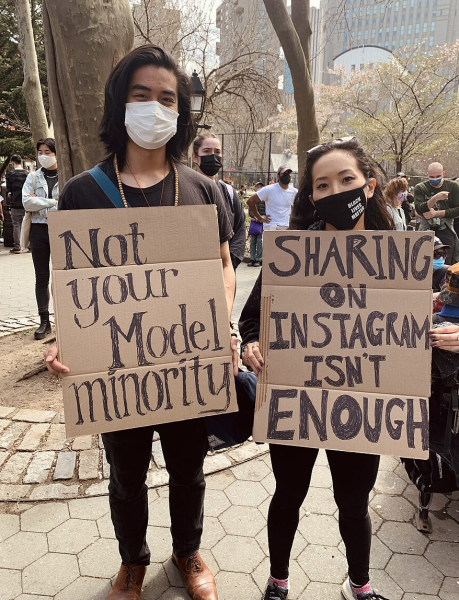Should college be free in the U.S.?
Weighing the costs and benefits is not that simple
May 15, 2023
Many countries around the world provide free college education; however, the United States is not one of them. There have been many opposing arguments on the topic of free college education, and all have merit in one way or another. But it should be a student’s right to have the opportunity to go somewhere after high school if they desire to go further without creating a future of financial jeopardy. Considering the current financial hardships of going to college, making it free would lessen the burden for millions of future college-bound students.
Like all objectives, the idea of a free college education does have some downsides. However, in the long run, free college education could result in significant benefits for not just college students, but the United States as a whole.
According to Research.com, “free college education may have a large short-run cost, but it will provide significant benefits in the long run. Policies that increase college attainment can pay for themselves because college graduates have been proven to earn higher wages, and, therefore, have the capacity to pay higher taxes.”
One of the major reasons high school students do not further their education is that they or their families cannot afford the cost of post-secondary education. Statistics from SchoolHouse Connection show that students dealing with poverty are 87% more likely to drop out of school. Students then turn into adults who can barely get by on what they make at their job and, in worst-case scenarios, end up homeless. In rare cases, some individuals can end up making more money than someone who went to college, but giving more people access to higher education could give them the opportunity to go further in life.
It’s important to note that, if college education were to become free, because of financial restrictions placed on many colleges and universities, the quality of faculty as well as how students are being educated could decrease. Compromising the quality of education could defeat its purpose considering it could end up not benefiting society. This may be true; however, with the same odds, it could end up benefiting society. This could lead to a boost in the economy, reduced poverty, pursuit of education as well as careers, and an increase in the mental health of college students due to having less of a financial burden.
Currently, 22 countries provide free college education. These include Argentina, Austria, Brazil, the Czech Republic, Denmark, Egypt, Finland, France, Germany, Greece, Iceland, Kenya, Luxembourg, Malaysia, Norway, Panama, Poland, Slovenia, Spain, Sweden, Turkey and Uruguay. More than half of these countries are some of the most economically stable countries in the world. Seeing the success of these countries could be proof that free college education is beneficial.
A plausible solution that would not jeopardize the quality of education could be that community colleges or two year colleges could be chosen to offer free education. This is because it would be close to impossible for Ivy League schools, universities and many state colleges to offer free education considering they have high standards that need to be kept. While they may be able to afford it financially, they can’t afford to diminish the quality of their education. With this solution, good quality education remains in place and students are still given alternatives so they have the opportunity to receive some sort of post-secondary education.
“I do think that we should have that opportunity,” Mrs. Neshea Thomas, a history teacher at Rancocas Valley Regional High School whose son and daughter attended Rowan College in Burlington County. “Again, I think that maybe there should be some requirements to get that to show that you have that aptitude in that direction, but sure.”
While there are still some problems that come along with the objective of free college education, it will lead to significant benefits in today’s society. The advantages include a more educated workforce, improved critical thinking skills in the population and increased innovation across a variety of industries and society as a whole. This would significantly boost the economy and provide many more opportunities for individuals to receive a well-rounded education.












